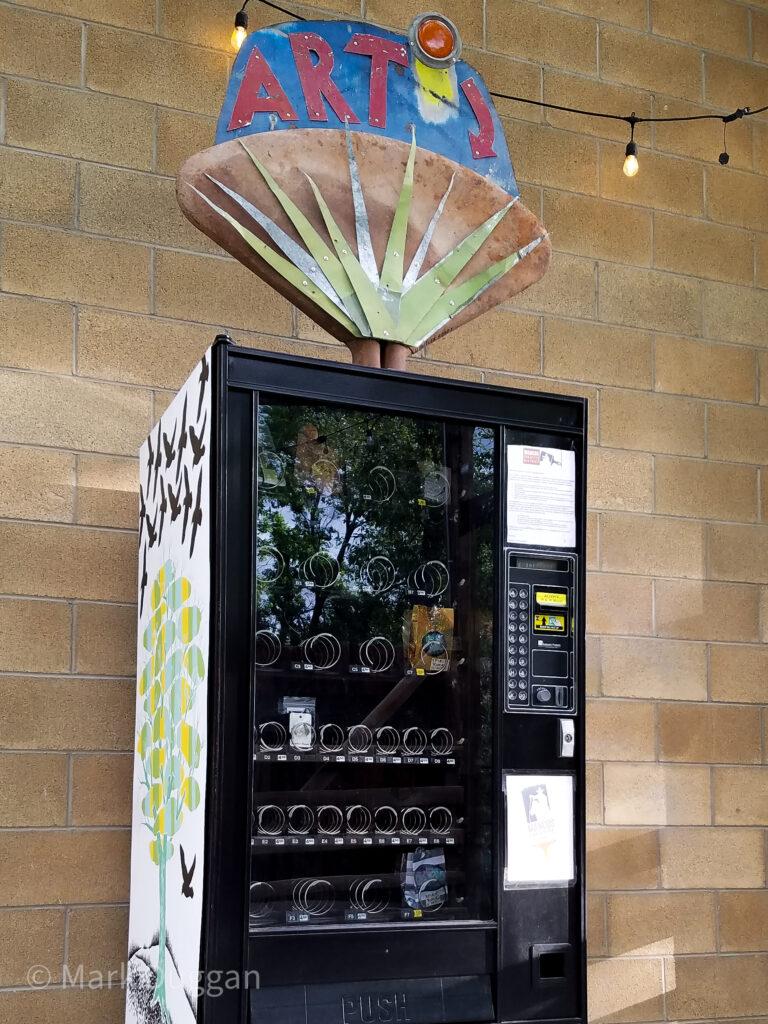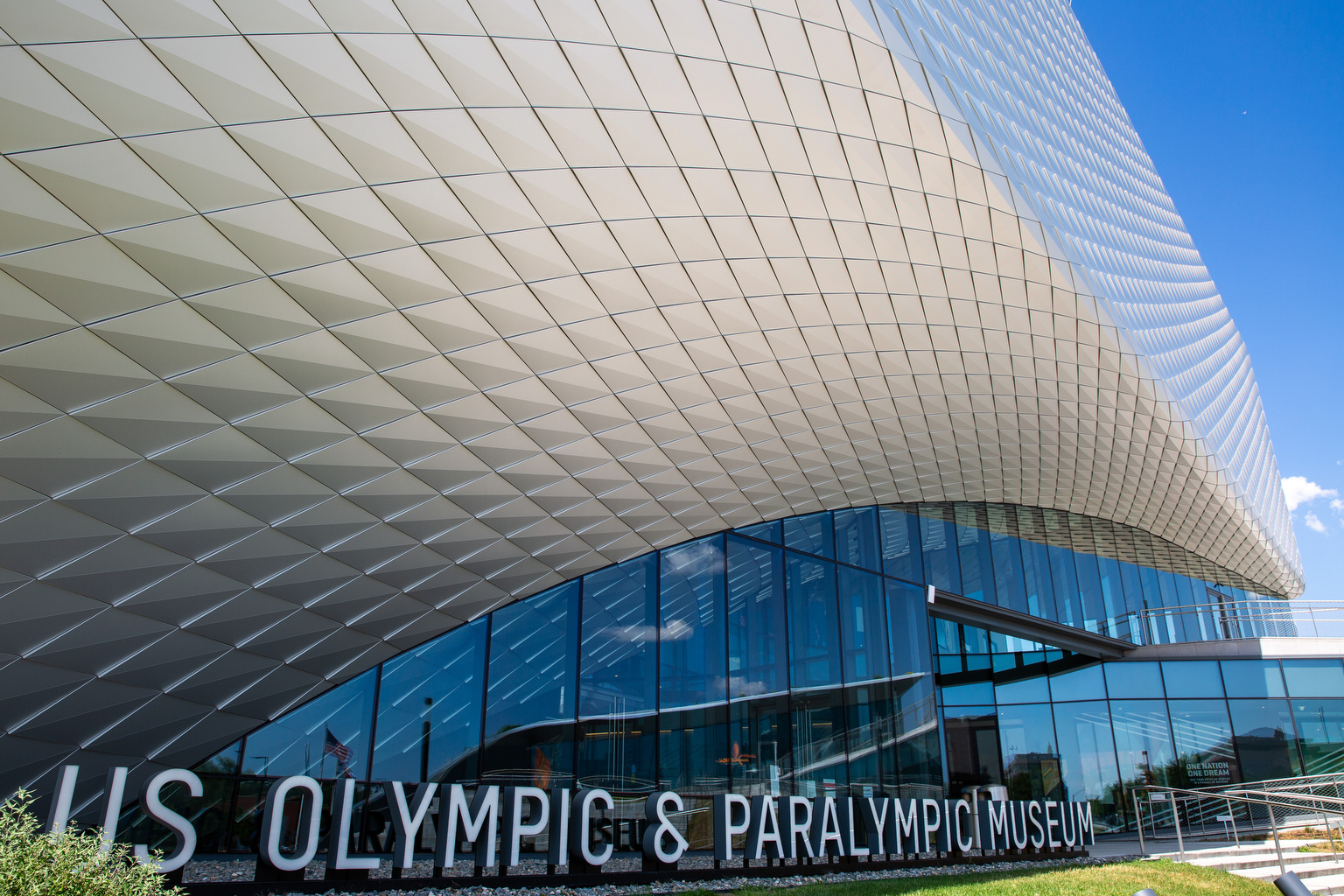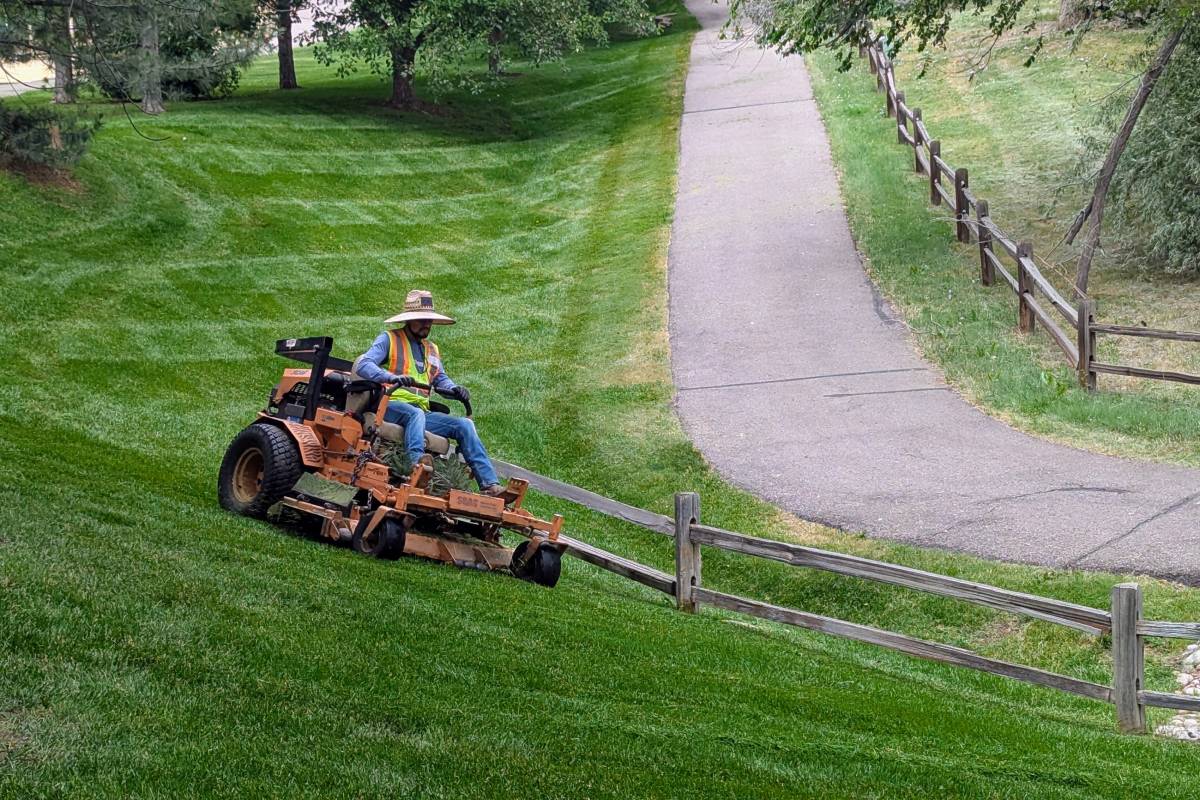The idea for bringing art vending machines to the Four Corners came to Alex Bond in Las Vegas.
The Mancos, Colorado-based blacksmith saw them on a trip last winter. If they could work there, he reasoned, they could in rural southwest Colorado.

At the time, Bond had been thinking a lot about the relationship between the artist and the market. A Durango gallery had declined to show his work, leaving him feeling defeated.
The vending machines could let artists like him bypass the traditional art market. They could sell their work directly to customers.
The idea took on urgency as the coronavirus pandemic shuttered galleries, museums, and studios. The art market, like everything else, was on hold.
“When COVID hit, the art gallery that I eventually became a member at, the Artisan’s Cooperative in Mancos, closed,” Bond explains. “Not only myself but about 12 other artists there were out of work. So we were looking for a way to sell art with measures of social distancing and where we didn’t all have to gather in one place.”
He knew it was time to try the vending machine concept. As a board member of the Mancos Creative District, he also knew he could get help making it happen.
Bond found a couple of retired machines in Flagstaff, Arizona. Once he got them back to Mancos, he set about, as he says, “learning way more than I ever thought I would about how to use vending machines.”
They work like any vending machine. But they're dispensing small paintings and jewelry instead of chips and gum. Pieces are “loaded” onto the familiar wire spirals visible through the glass. Customers choose a piece, add money, enter a corresponding number, and retrieve their purchase from the dispenser tray.
Any artist is welcome to display and sell their work. And the art is available anytime.
“The 5 a.m. dog walker could stop by and grab a bracelet for their friend's birthday without anybody needing to staff it,” says Bond. “And it could also be something that … didn't have the same level of prestige as an art gallery. Where anybody could give it a shot to sell some art.”
Bond believes the vending machines will help create a new art market in southwest Colorado. The first two debuted recently in Mancos, about a half-hour west of Durango. He wants to see them pop up in other towns, too. He feels a lot of artists could use a new way to sell their work. Especially now.
The coronavirus is leading to an artistic explosion. It's not unusual. Past pandemics have been followed by periods of artistic expansion. Deadly viral outbreaks, it seems, provoke an emotional rawness that leads to bursts of creativity. Bond agrees that COVID-19 has led to a similar outpouring of expression.
“There’s an emotional intensity to the world that I think is the biggest catalyst to art,” he says. “People are angry. People are scared. People are anxious. People are living passionately. Maybe more passionately than we have before. There’s a ferocity to the world which really breeds creativity.”
This story was written and produced by KSUT in partnership with COLab, the Colorado News Collaborative — a nonprofit formed to strengthen local public-service journalism in Colorado. KSUT joined this historic collaboration with more than 40 news organizations to share in-depth local reporting to better serve Coloradans.








